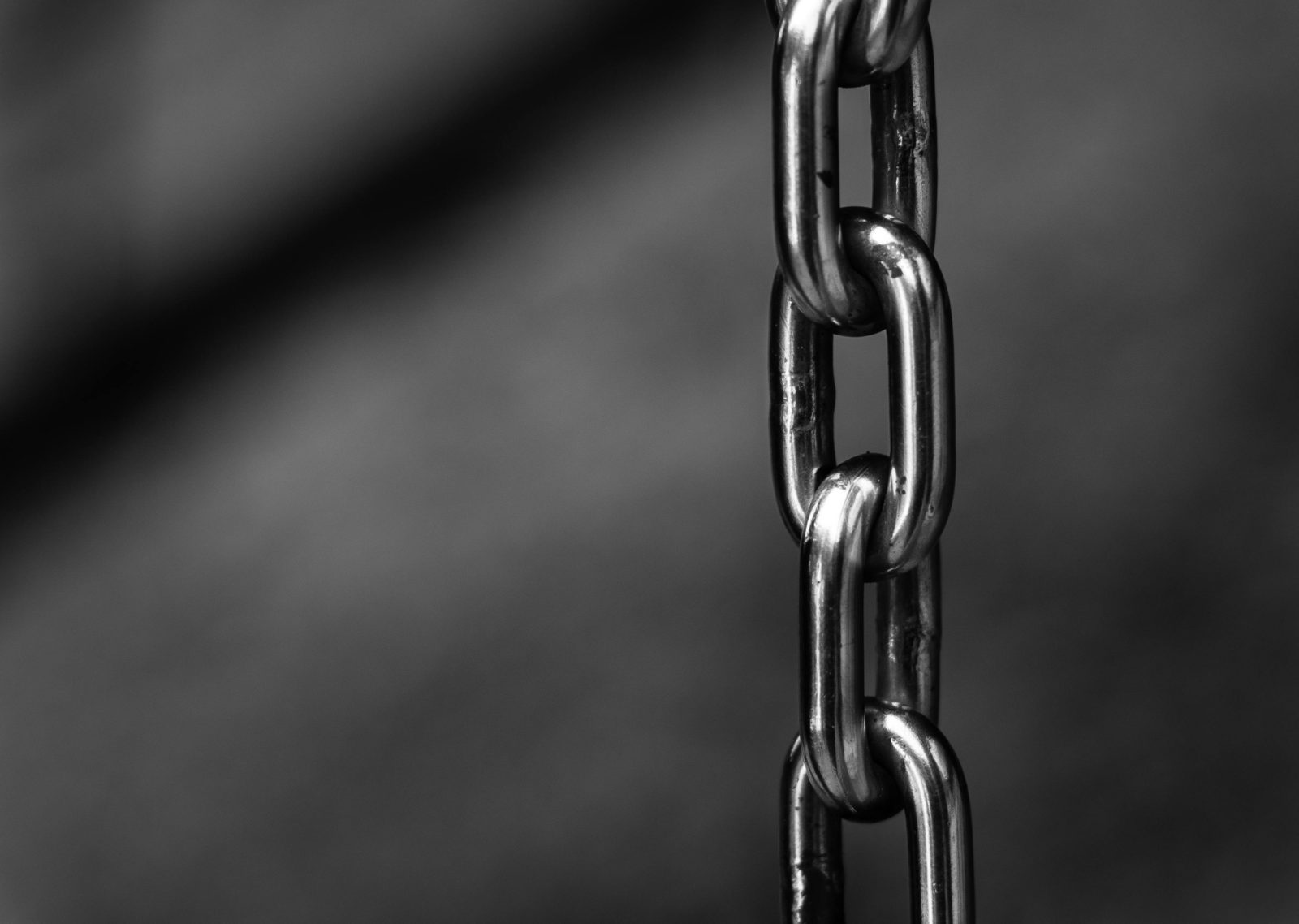The Czech Republic’s steel industry experienced a significant downturn last year. The country’s steel mills produced 3.4 million tons of raw steel, the lowest quantity ever recorded by the Steel Union. Compared to 2022, production fell by a fifth. Steel consumption also dipped to its lowest point since the peak of the financial crisis in 2009.
Low demand influenced the downturn in steel production last year in the Czech Republic and the European Union. However, systemic issues in the European industry stemming from high energy prices, inflation, the geopolitical situation worldwide, and the generally poor macroeconomic situation in the key German market also affected it.
Long product production, which is crucial for Czech steelmakers, suffered a year-on-year slump of a quarter. Production in the traditionally strong tube segment dropped by 12 percent. The Steel Union recorded a one percent decline in flat products. The production of brush bars and thick sheets did not decline among specific product categories.
The Steel Union reported that steel consumption in the Czech Republic also fell to 5.6 million tons last year, a million-ton decrease from the previous year.
According to Roman Heide, chairman of the Supervisory Board of the Steel Union, the gloomy situation in the construction sector and other consumer sectors, including automotive and engineering, was behind the sharp decline in production and demand. He added that, in his opinion, the highest energy prices globally and high inflation rate have been adversely affecting the long-term competitiveness of the European industry.





